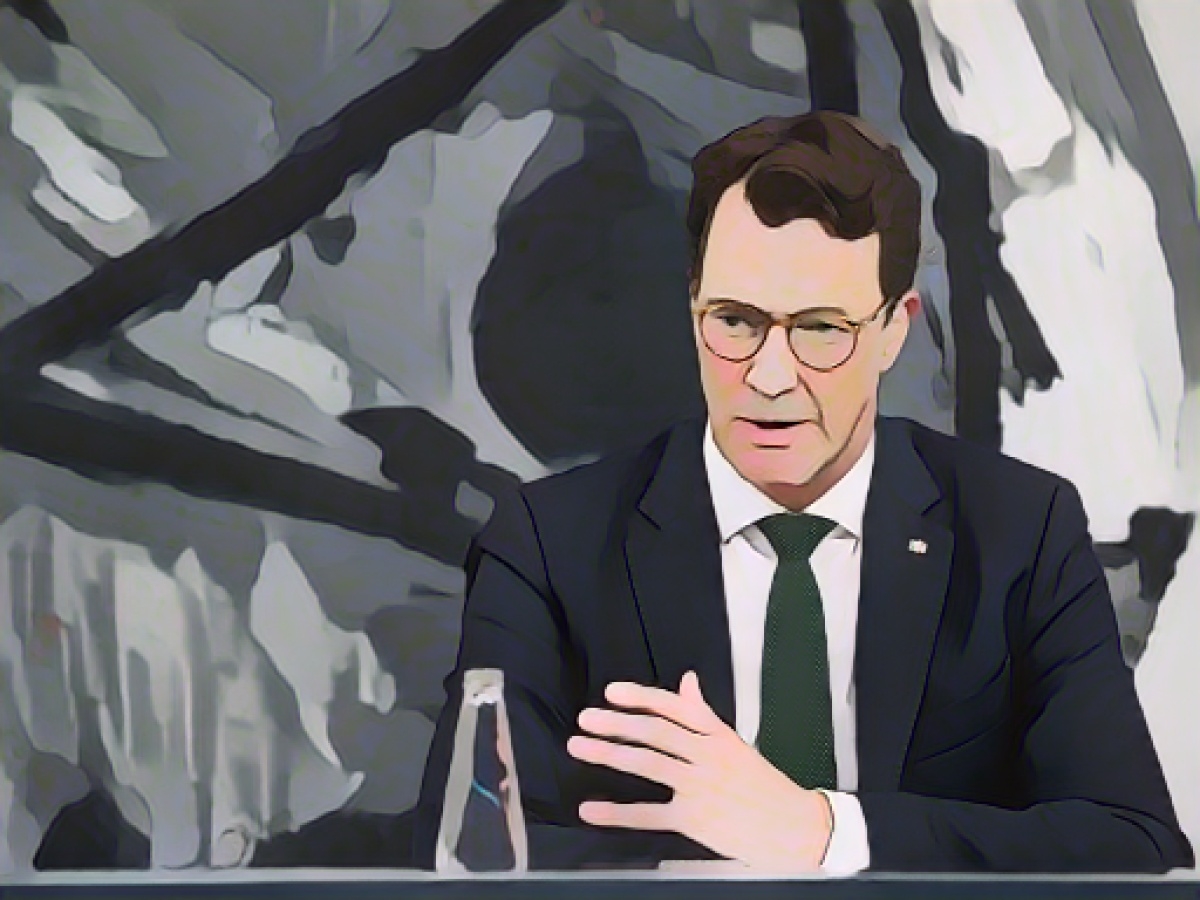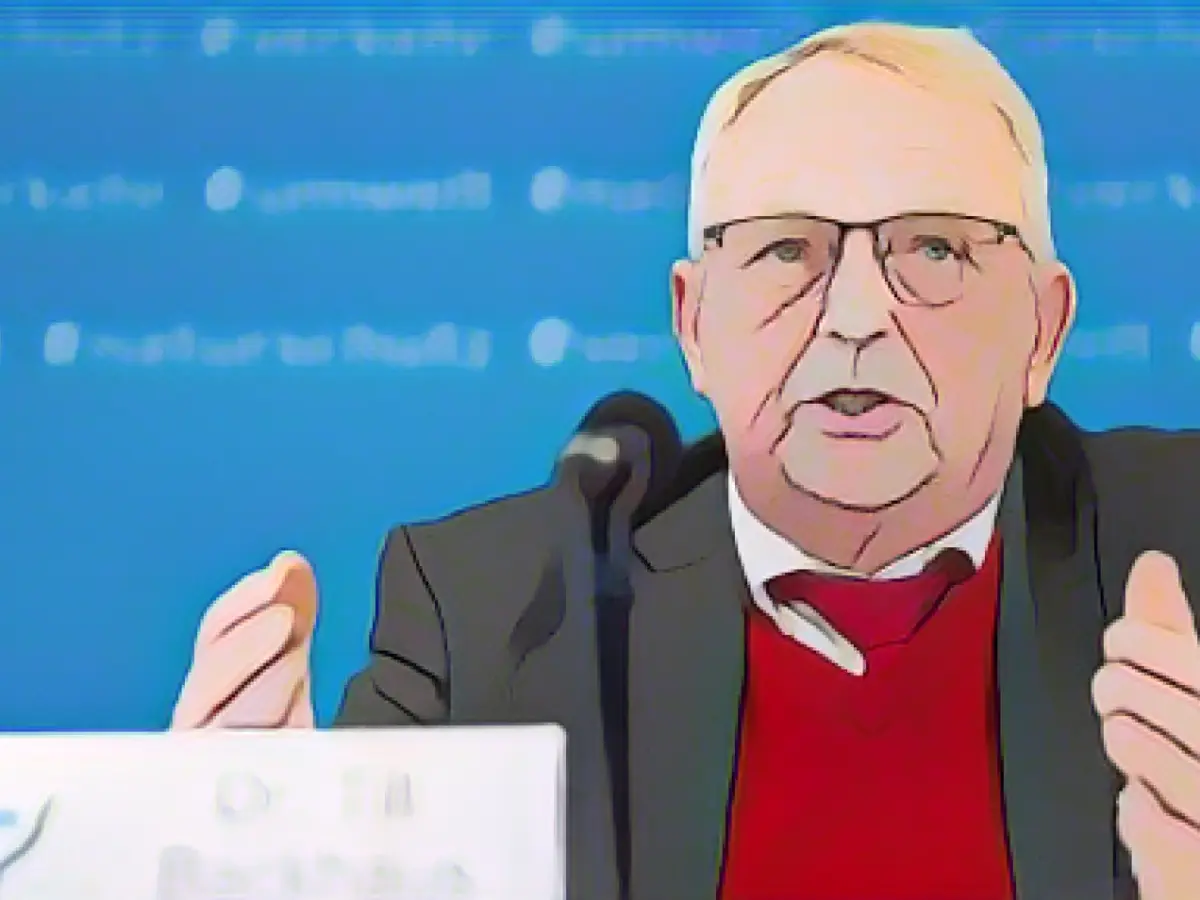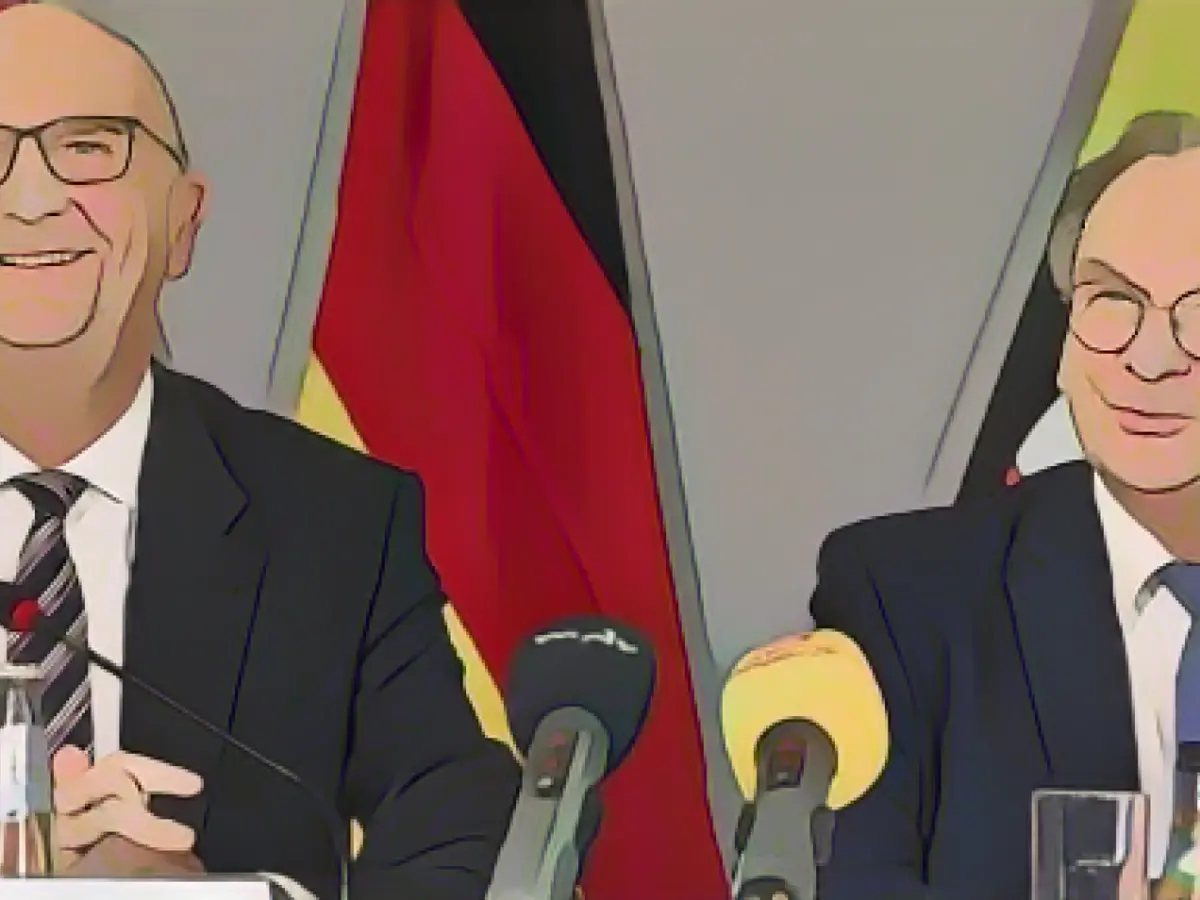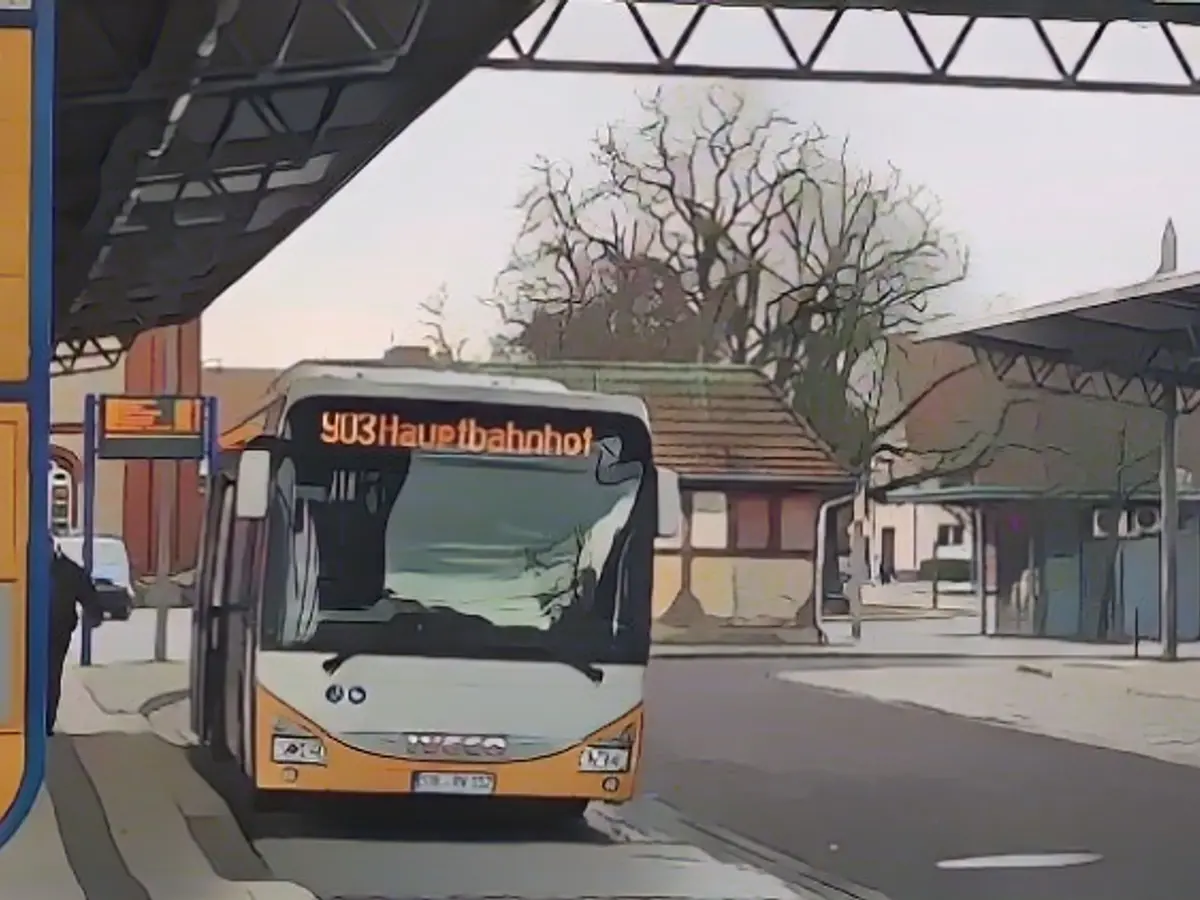Breaking the stalemate on asylum solutions: Wüst's plea for unity and action
North Rhine-Westphalia's Minister President Hendrik Wüst (CDU) has called for a unified and, preferably, Europe-wide standardization of asylum seeker benefits. Wüst believes that the appeal of wealthy nations like Germany to asylum seekers who have been denied in other countries is partly due to disparities in welfare, which should be considered when harmonizing benefits.
Wüst emphasized the need for progress in tackling irregular immigration before the federal-state roundtable focusing on migration in Berlin on Monday. "We need to make headway on this before winter," he warned. Criticizing the federal government's financing offer as "unsatisfactory," Wüst urged an end to negotiations. "The most crucial thing is to put an end to this bargaining." Should the number of asylum seekers increase, so too must the financial investment, insisting that we finally receive the breath of fresh air promised by the Chancellor.
Wüst reiterated his previous proposal to establish agreements with countries capable of carrying out legally secure procedures along escape routes. "The lives lost in the Mediterranean must cease," he declared. Additionally, he highlighted the importance of fostering more repatriation agreements with countries of origin, stating that this is a responsibility for the nation as a whole. He went on to criticize the federal government for not making this a top priority for too long.
Wüst's proposals for coordinating asylum seeker benefits across German states and promoting repatriation agreements could alter future migration patterns. The current federal government financing offer has been criticized by Wüst, and he underscores the urgency to move past negotiations.
In the face of the necessity for a breakthrough in curbing irregular immigration, Wüst advocates for strengthening repatriation agreements with countries of origin, acknowledging this as a task for the nation that should be prioritized more forcefully by the federal government.
Enrichment Data Integration:
Several initiatives are currently in play to address criticisms of the federal government's financing offer and advocate for repatriation agreements. Here are the key points:
- Common Minimum Standards:
- The EU is seeking a balance between harmonization and subsidiarity in immigration and integration policies, establishing common minimum standards for the asylum and integration process. Although this addresses issues related to refugee integration, challenges still remain.
- Employment Bans:
- Research has shown that employment bans upon arrival slow down the economic integration of refugees. For instance, a study by Fasani et al. (2021) found that refugees who experienced employment bans had a significantly lower likelihood of employment during the post-ban period.
- Refugee Allocation Mechanisms:
- In Germany, the EASY (Initial Distribution of Asylum Seekers) system allocates asylum seekers proportionally to federal states based on their share of tax revenues and population, aiming to distribute the burden fairly among states.
- Mobility Partnerships:
- The EU has negotiated Mobility Partnerships with several countries, including Ukraine, Moldova, Georgia, Morocco, Tunisia, and Jordan. These partnerships aim to improve legal migration paths and strengthen cooperation on returning and readmitting irregular migrants.
- Germany’s West Balkan Regulation:
- This regulation allows an annual quota of citizens from Albania, Bosnia-Herzegovina, Kosovo, Montenegro, North Macedonia, and Serbia to apply for a German work visa, provided they had not received any asylum seeker payments during the previous 24 months. The quota was doubled to 50,000 in 2024 to manage high demand.
- Refugee Resettlement Policies:
- The EU has established EU-wide priorities for refugee resettlement, such as resettling refugees from specific regions or countries based on global needs and EU policy objectives. This allows member states to retain sovereignty over the number of refugees they resettle while committing to shared objectives.
- North Rhine-Westphalia’s Proposals:
- While specific proposals from North Rhine-Westphalia’s Minister President Hendrik Wüst are not detailed in the sources provided, the broader trends in Germany and the EU include increasing legal migration pathways, improving the integration process, and promoting transparency and civic engagement to address criticisms of the federal government’s financing offer and to foster societal harmony.
- Transparency and Civic Engagement:
- Northern European countries like Sweden and Denmark emphasize transparency and engagement through mechanisms like participatory budgeting and citizen panels. These initiatives aim to reduce skepticism and enhance trust among citizens, thereby strengthening governance.








